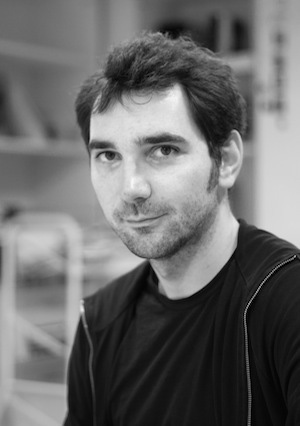Exhibitions are threshold spaces, where meaning is inscribed and simultaneously unsettled. Together with numerous collaborators, Anselm Franke has developed long-term research projects, where the liminality of the exhibition as a medium becomes a programmatic tool to investigate and challenge the “modern” role and institutional place of art. In this lecture, he will begin with the European Biennale Manifesta, whose 2008 edition was in parts devoted to tracing a “colonial history of the the soul”, in reference to the Council of Trent in the mid 16th century, where the Catholic Church devised the counter-reformation and its colonial policy. He will speak of various discursive and disciplinary practices that revolve around setting apart interiority and exteriority, which develops into a foundational nexus of a colonial history of the soul and subsequently informs conceptions of the human subject, the psyche and the science of communication and media. Against the backdrop of more recent exhibitions such as “Neolithic Childhood. Art in a False Present ca. 1930”, Anselm Franke will use historical references to the horizon of a primordial mediality” that emerged at the nexus modernist “primitivism” and the foundational crisis in the
sciences in the early 20th, in order to undercut the disciplinary divisions that have come to set apart the domains of anthropology, psychology, media theory and art.
Anselm Franke’s ESKWELA programme is supported by Goethe-Institut Philippinen.
Recommended readings:
Introduction—”Animism”
Animism
Mimetism



